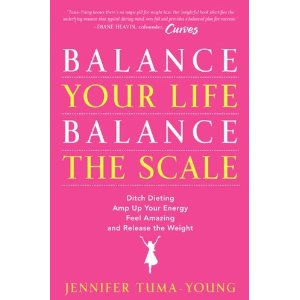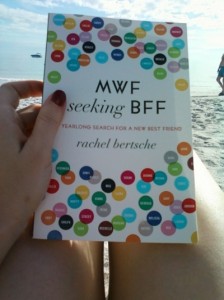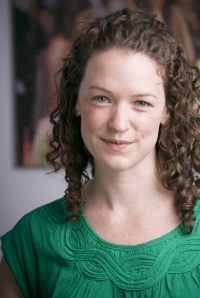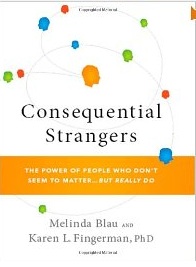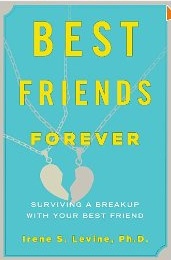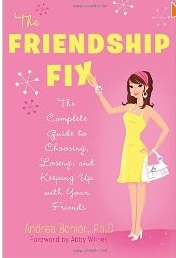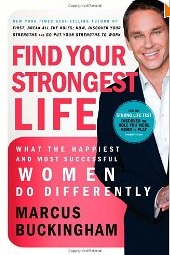We keep hearing how good relationships are for us, but what do you do when relationships drain you, scare you, or exhaust you? Or maybe life just feels so blah now that you're left feeling lethargic, stressed-out, weary, or flat? Maybe the idea of peeling yourself off the couch to connect with someone just sounds like way too much work? Maybe you're not getting enough life-enhancing dopamine?
In my latest class for Friendship University I had the awesome 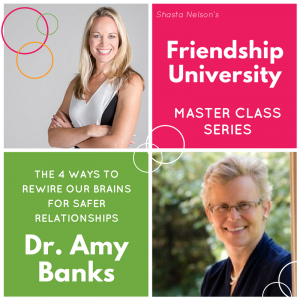 privilege to interview the foremost authority on the combined fields of neurobiology and relationships. Dr. Amy Banks, the author of Wired to Connect: The Surprising Link Between Brain Science and Strong, Healthy Relationships, walked us through the four ways we can improve our brain function in order to improve our relationships.
privilege to interview the foremost authority on the combined fields of neurobiology and relationships. Dr. Amy Banks, the author of Wired to Connect: The Surprising Link Between Brain Science and Strong, Healthy Relationships, walked us through the four ways we can improve our brain function in order to improve our relationships.
Science is continuing to reinforce that every single one of us is hardwired for connection. Which means that when we feel loved and supported: our immune system is healthier, we recover from surgery and sickness faster, our bodies protect us from the impact of stress, we feel happier, and we live longer. And... in light of our conversation today: we feel more energy when we connect.
How Do Relationships Give Us Energy?
The human brain is designed to give us a dose of dopamine--the chemical that not only lights up our pleasure center but also helps give us the energy to move toward rewards--every time we do something life-sustaining.
Dr. Banks says:
"Eating, drinking, water, exercise, sex, and healthy relationships are all supposed to trigger feel-good sensations, to make us want to do the things that are good for us."
She is quick to caution us that we "all live from one dopamine hit to another" (because it's natural for us to want to feel good!) but that if the human brain can't get that hit in healthy ways this is what drives so many of us to look for substitutes: shopping, gambling, over-eating, or anything that leads to addiction.
But What If Relationships Don't Give Me Energy?
In an ideal world, as babies we received love, touch, and connection that paired those actions with our dopamine producers. Studies shows that when that link between relationships and reward was reinforced, it set us up for improved social status and social support.
But for many of us, if our childhood relationships were stressful or harmful, or if we were taught to be fiercely independent or perceived as weak for wanting connection, then relationships didn't get paired with our dopamine reward system as they were supposed to. Which, according to Dr. Banks, means that "instead of becoming energized by friendships--even good ones--they are drained and depleted by the interaction."
Feeling disconnected provokes our stress response systems which raises our anxiety, provokes irritability, and leads us to assuming that we're being left out or rejected, even if we aren't. Which means what we need the most--connection--is unfortunately not only what we probably fear the most but also what we're least likely to feel energized to pursue.
But Dr. Banks and numerous other voices out there are encouraging us: we can heal our damaged pathways. (If you haven't yet watched Johann Hari's TED talk reminding us that the opposite of addition isn't sobriety, but connection-- then it's a must see!) In the book Wired to Connect she says,
But there is plenty that you can do to nourish your neurological pathways for connection. If they are damaged, you can start to heal them. If they are neglected, you can cultivate them. And if they are stressed, you can soothe them."
How To Move Toward More Energy in Relationships
Dr. Banks gives so many brain exercises and activities in her book to practice reconnecting the dopamine reward system to healthy relationships, and our GirlFriendCircles.com community is so enjoying the class, our worksheets, and our conversation this month as we dive deeper on the subject, but let me leave you with just one of her very practical ideas to try.
- Identify the relationships that give you energy. Who are those people for you? With whom do you feel the safest? What relationships in your life give you some sense of reward or pleasure, even if small?
- Try to spend more time connecting with those people. For many of us, depending on our jobs, we might be spending the bulk of our days around people we didn't choose, or with people who drain us. It becomes even more imperative to try to lean in to more time with anyone who does energize us. It might mean calling our mom a bit more often, initiating time with a friend, or practicing more conversation with a safe person.
It seems counter-intuitive that when we lack energy that we need to then identify relationships to seek out, but Dr. Banks assures us that identifying our "strongest sources of relational dopamine" will give us our best shot at repairing our reward systems. Perhaps knowing that as you reconnect those wires, that what costs you energy now will reward you with energy down the road, will give you courage.
I do want to point out, what I hope is obvious, that "more relationships" aren't the answer to everyone's weariness. Much like how food is good for us and also gives us energy-- the answer isn't just eat more food! Over-eating can make us lethargic, too! Or not eating the right food. Or not having a good relationships to food or our bodies. Or maybe your food is perfect and what you need is more sleep! :) But please, when you're avoiding people because you don't have the energy, consider the possibility that sometimes, counter-intuitively, we need to connect instead of withdraw.
xoxo,
Shasta
p.s. Interested in the Friendship University class? It comes with membership to those in GirlFriendCircles.com. Every month we offer a new theme, a new teacher, new worksheet, and new friendship actions to practice-- join us in October and get access to this class immediately!



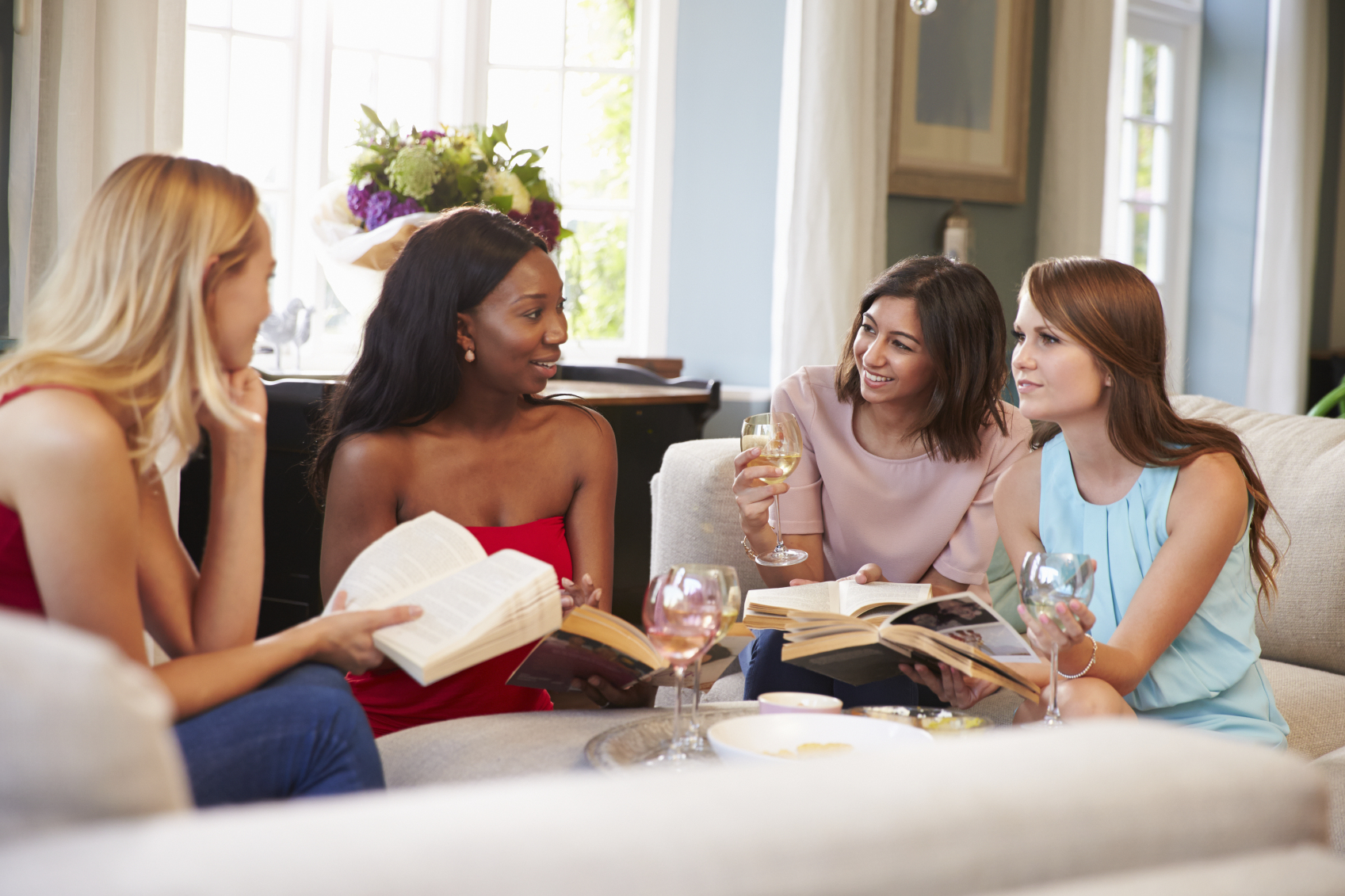
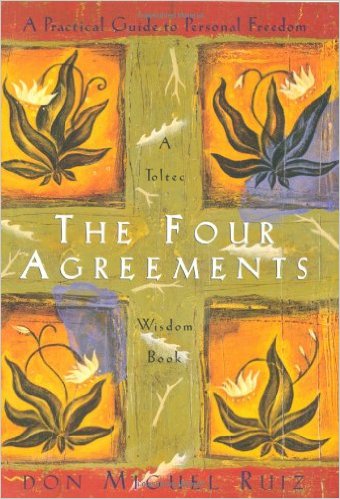


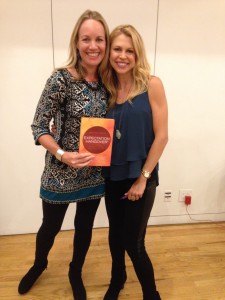


 , who spoke about how she believes we've lost sight of the original goal of feminism being to liberate women. The data she shared made a convincing case that not only have the numbers not really budged beyond the "token 1-2 women" in the upper echelons of most industries, but that more discouraging is the fact that we're not yet acting like liberated women on the inside, either. Our body image hasn't improved in the last number of decades, we're exhausted and weary, we are more educated and yet feel more incompetent, we never feel like we're doing enough, we feel guilty for not making homemade Halloween costumes, and we're not reporting higher levels of happiness.
, who spoke about how she believes we've lost sight of the original goal of feminism being to liberate women. The data she shared made a convincing case that not only have the numbers not really budged beyond the "token 1-2 women" in the upper echelons of most industries, but that more discouraging is the fact that we're not yet acting like liberated women on the inside, either. Our body image hasn't improved in the last number of decades, we're exhausted and weary, we are more educated and yet feel more incompetent, we never feel like we're doing enough, we feel guilty for not making homemade Halloween costumes, and we're not reporting higher levels of happiness.
 Rachel Bertsche, author of
Rachel Bertsche, author of 
 Ori Brafman, co-author of
Ori Brafman, co-author of 
 Dr. Andrea Bonior, author of
Dr. Andrea Bonior, author of 
 Carlin Flora, author of
Carlin Flora, author of 
 Dr. Paul Dobransky, author of
Dr. Paul Dobransky, author of 
 Porter Gale, author of
Porter Gale, author of 
 Dr. Geoffrey L. Grief, author of
Dr. Geoffrey L. Grief, author of 
 Sophia Dembling, author of
Sophia Dembling, author of 


 Dr. Jan Yager, author of
Dr. Jan Yager, author of 
 Diane Gage Lofgren & Margaret Bhola of
Diane Gage Lofgren & Margaret Bhola of 
 Christine Arylo, author of
Christine Arylo, author of 

 comes out tomorrow, the timing couldn't be better!
comes out tomorrow, the timing couldn't be better!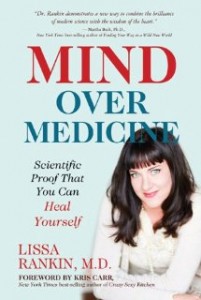
 -- will help you assess your relationships so you can then decide which steps you most need to pour your time and energy into.
-- will help you assess your relationships so you can then decide which steps you most need to pour your time and energy into.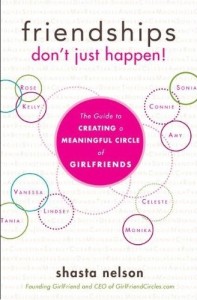
 , is dubbed the Queen of Self-Love. A word we don't use all that much, and yet she makes the convincing case that it's the tree trunk out of which everything else must grow:
, is dubbed the Queen of Self-Love. A word we don't use all that much, and yet she makes the convincing case that it's the tree trunk out of which everything else must grow: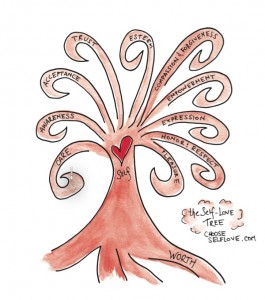

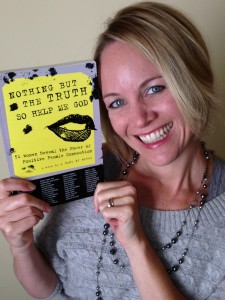
 . (It already has so many accolades, including being chosen by the Barnes & Noble Health & Diet expert as a "must-read" book!)
. (It already has so many accolades, including being chosen by the Barnes & Noble Health & Diet expert as a "must-read" book!)